detail profile m c3 a1rta m c3 a9sz c3 a1ros

Riwayat Hidup
Márta Mészáros (born 19 September 1931) is a Hungarian screenwriter and film director.
The daughter of László Mészáros, a sculptor, Mészáros began her career working in documentary film, having made 25 documentary shorts over the span of ten years.
Her full-length directorial debut, Eltavozott nap/The Girl (1968), was the first Hungarian film to have been directed by a woman, and won the Special Prize of the Jury at the Valladolid International Film Festival.
Mészáros' work often combines autobiographical details with documentary footage.
Prominent themes include characters' denials of their pasts, the consequences of dishonesty, and the problematics of gender.
Her films often feature heroines from fragmented families, such as young girls seeking their missing parents (The Girl) or middle-aged women looking to adopt children (Adoption).
Although Mészáros has made over fifteen feature films, she is arguably best known for Diary for My Children (1984), which won the Grand Prix at the Cannes Film Festival.
It was the first entry in a trilogy of autobiographical films which also includes Diary for my Lovers (1987) and Diary for my Father and Mother (1990).
Throughout her career, Mészáros has won the Golden Bear and the Silver Bear awards at the Berlinale; the Golden Medal at the Chicago International Film Festival; the Silver Shell at the San Sebastian International Film Festival; and the FIPRESCI Prize at the Cannes Film Festival.
In 1991 she was a member of the jury at the 17th Moscow International Film Festival.
Info Pribadi
Peran Yang Di Mainkan Márta Mészáros
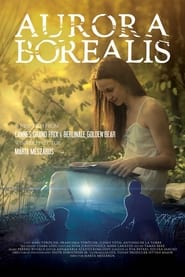 The Aurora Borealis is a story...
The Aurora Borealis is a story...Aurora Borealis: Northern Light 2017
The Aurora Borealis is a story of family that is rich in twists and turns. It breaks the depths of the relationship between mother and daughter. A successful lawyer in Vienna, Olga is called back to Hungary when her old mother, Mary suddenly falls into a coma. While Mary is floating between life and death, Olga finds a deeply silent secret. The increasingly passionate research leads back to the post-war Europe of the '50s.
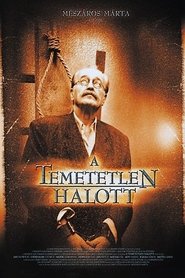 One of the doyennes of Hungarian...
One of the doyennes of Hungarian...The Unburied Man 2004
One of the doyennes of Hungarian film deals with a dark period of national history: the Soviet regime in Hungary. She portrays it through the fate of the former prime minister and national hero, Imre Nagy. The script is based on the diary written by Imre Nagy, and the memories of his daughter, Erzsébet Nagy, as well as authentic documents and records.
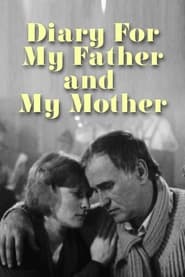 This story follows a young student...
This story follows a young student...Diary for My Father and My Mother 1990
This story follows a young student, who is orphaned as she grows to adulthood in the shadow of the 1956 Hungarian uprising. Coming from the Communist intelligentsia, she sees her friends and family react differently. Her lover, a married factory manager, supports the patriots and later assists fellow workers in staging a strike. Meanwhile her sister and others express anger at being forced from their homes during the revolution and continue to express a hatred for the rebels afterwards. But in the end they realize that for all people, real life is not possible after the revolt and its brutal suppression by the Soviets and their collaborators.
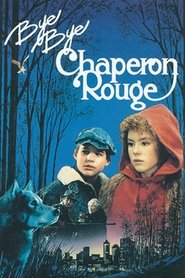 Fanny lives in the forest with...
Fanny lives in the forest with...Bye Bye, Red Riding Hood 1989
Fanny lives in the forest with her meteorologist mother. One day on her way across the forest to visit her grandmother and great grandmother, she has three encounters that will change her life forever: an apparently kind and gentle wolf, a city boy and an ornithologist who bears a striking resemblance to the father who long ago abandoned her and her mother.
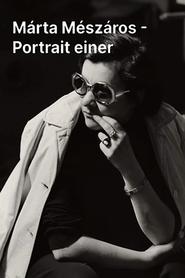 Documentary about film director Marta Meszaros...
Documentary about film director Marta Meszaros...Marta Meszaros: Portrait of the Hungarian Filmmaker 1979
Documentary about film director Marta Meszaros featuring on-set interviews with the director and creative collaborators
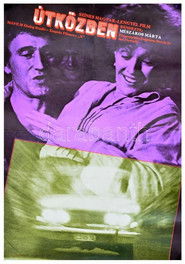 Barbara is a fortyyearold woman of...
Barbara is a fortyyearold woman of...On the Move 1979
Barbara is a forty-year-old woman of Polish origin living in Budapest. She is a biologist, a wife and a mother. The death of her woman friend opens her eyes to the fact that she is lonely, unable to find her place.
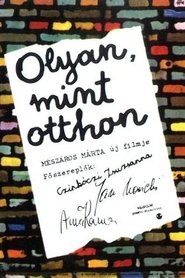 On his return from America Andrs...
On his return from America Andrs...Just Like at Home 1978
On his return from America, András simply cannot find his place: he has lost his wife, friends and job, and he cannot even find his way back to his former great love. Eventually, as a surrogate father, he takes in a wild young girl (Zsuzsa Czinkóczi) and a particularly strong bond is formed between these two rootless people. Márta Mészáros’s remarkable movie starring Jan Nowicki and Anna Karina is about displacement, loneliness and attachment.
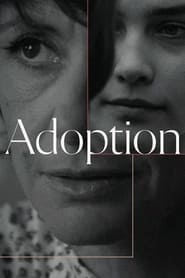 When middleaged Kata realises that her...
When middleaged Kata realises that her...Adoption 1975
When middle-aged Kata realises that her life will only be complete if she has a baby of her own, her longstanding-but-married boyfriend Joska refuses to comply. But by developing an unlikely friendship with the angst-ridden teenage orphan Anna, who is also involved in a controversial relationship, Kata discovers aspects of herself, and her role as a woman, that have gone unexamined throughout her entire, lonely life.
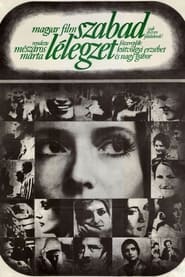 Jutka a young woman who works...
Jutka a young woman who works...Riddance 1973
Jutka, a young woman who works in a factory, falls in love with Andras, a university student. She pretends to be a student, to him and to his parents, and begins to live a lie. Finally she rebels against Andras and his demands and the social conventions that forced her to live a lie.
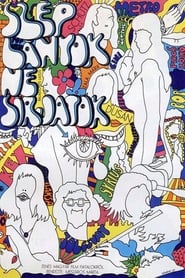 Savany and his friend work at...
Savany and his friend work at...Don’t Cry, Pretty Girls! 1970
Savanyú and his friend work at a plant. After the monotonous shifts they engage in the pleasures of the afternoon and the night, i.e. parties and concerts. Savanyú dates Juli, they are already engaged. The young men live as sub-tenants, the young women in workers' hostels. None of these places are suited for spending time together. They are in need of an apartment. Out of the ruinous apartment which they lay siege on, however, they are sent away by the otherwise friendly policeman. At a concert held in the Park of Youth, Juli gets to know Géza. They flirt, then go to the country with a pop-group. Savanyú and his friends follow them. A minor fight cools the atmosphere.
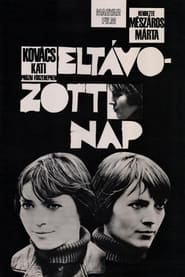 A young woman leaves a state...
A young woman leaves a state...The Girl 1968
A young woman leaves a state orphanage to find her mother in this interesting examination of how the overt repression of women in the older pattern of village life has been replaced by the more subtle exploitation inherent in the apparently freer existence of young girls in the contemporary city.
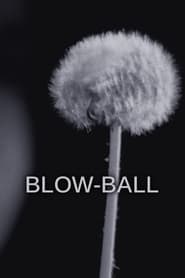 A day in the solitary life...
A day in the solitary life...Blow-Ball 1965
A day in the solitary life of Pista, a single child of divorced parents. The boy skips school and explores the city of Budapest by himself, yet can't escape an unbearable ennui. Like Mészáros's ADOPTION, this early short film explores the themes of broken family bonds; it also offers insight into the origins of the director’s career.
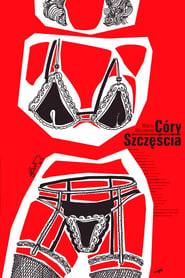 A story of a mother who...
A story of a mother who...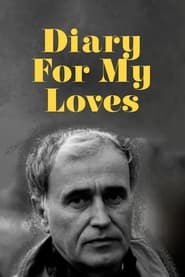 A continuation of Diary for My...
A continuation of Diary for My...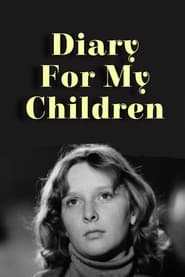 After having lost her parents young...
After having lost her parents young...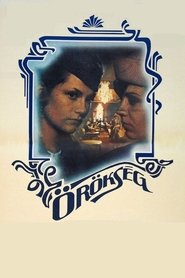 During the rising of nazism Sylvia...
During the rising of nazism Sylvia...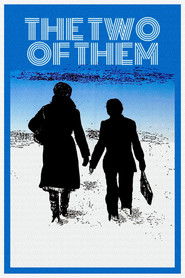 Looking for a safe place to...
Looking for a safe place to...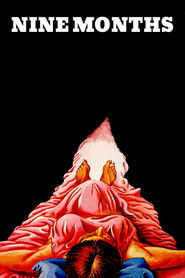 Juli who works in a brick...
Juli who works in a brick...